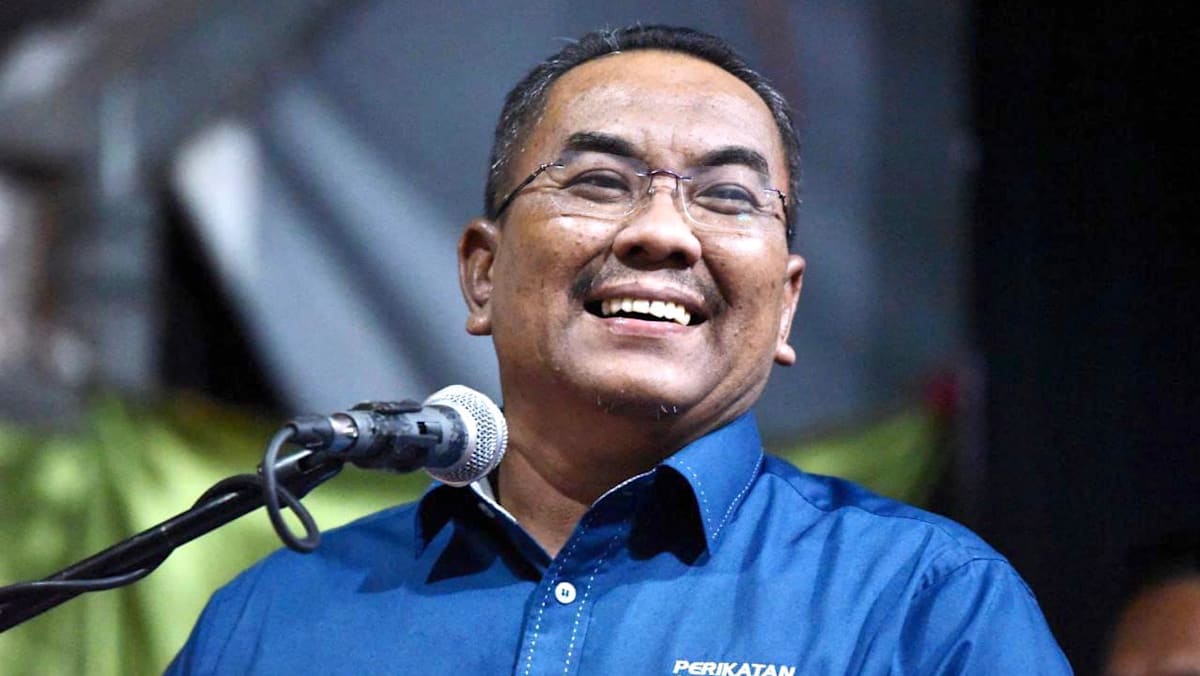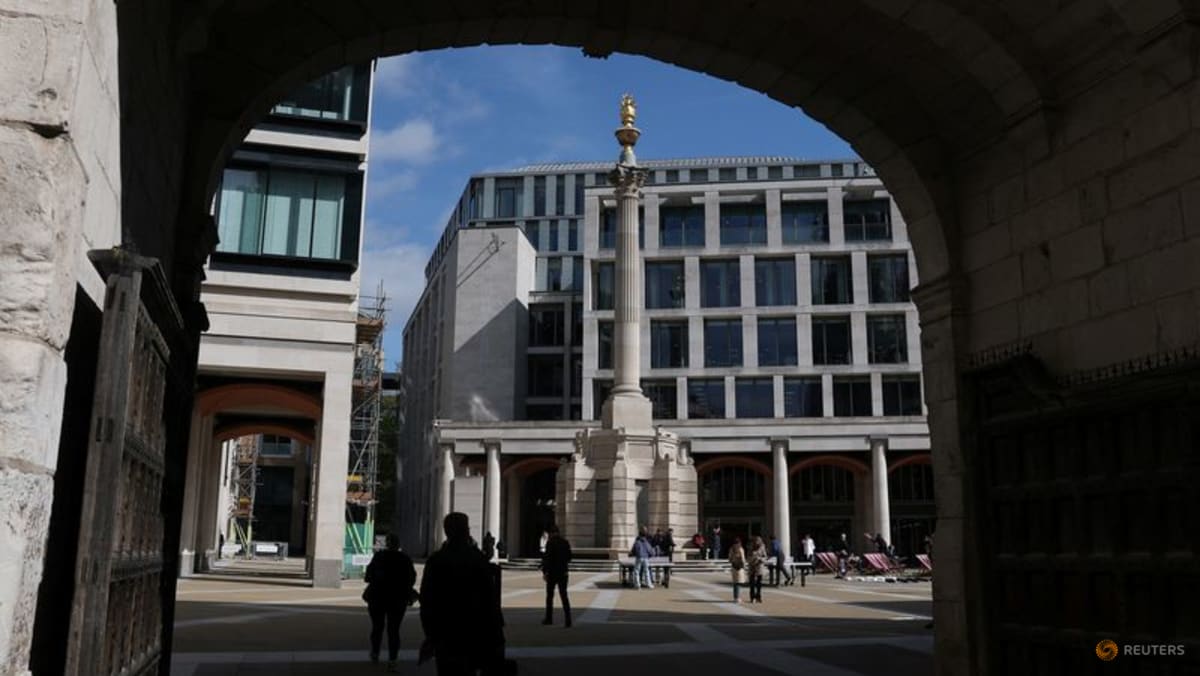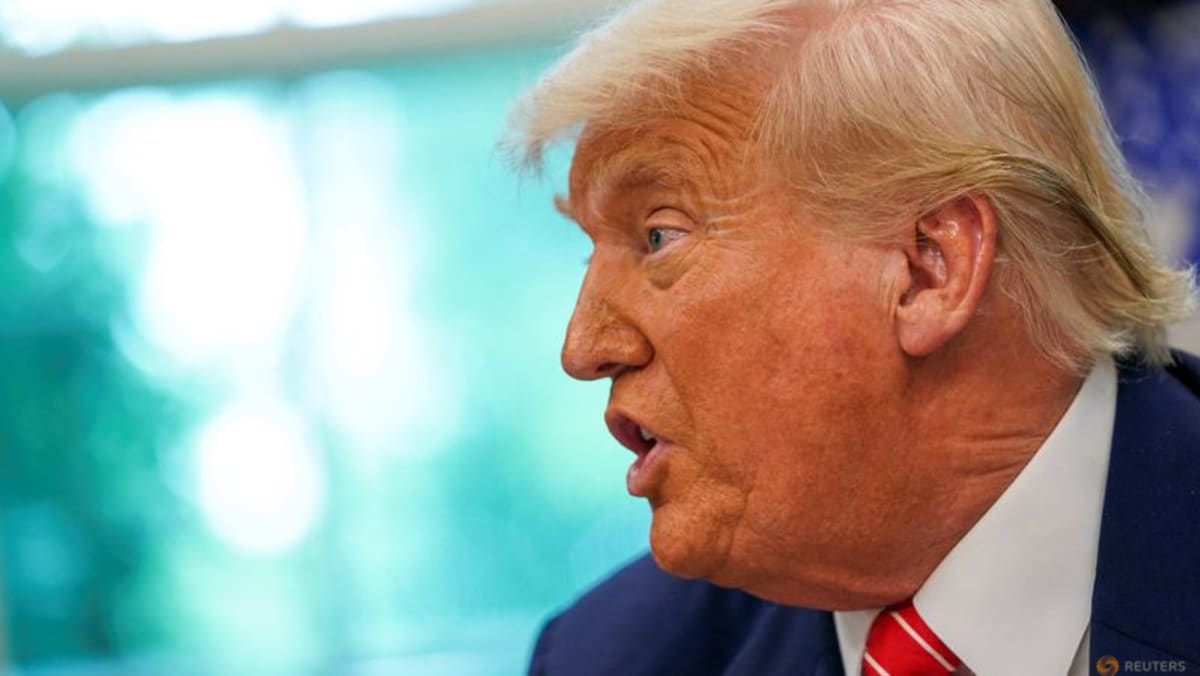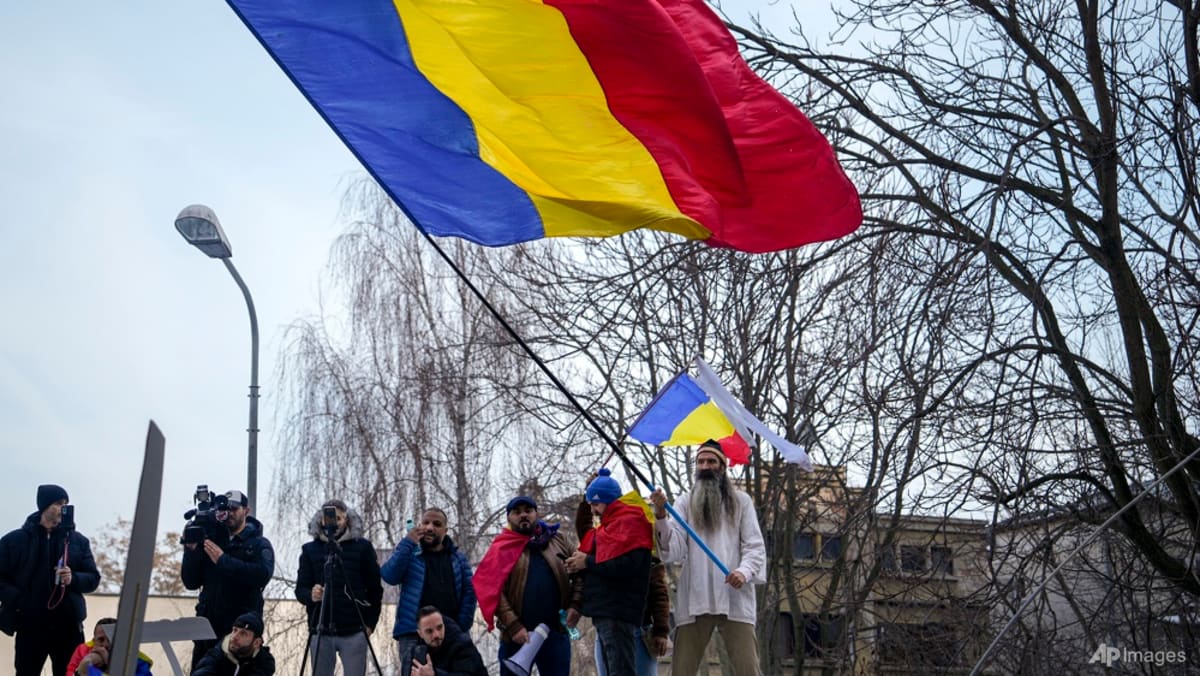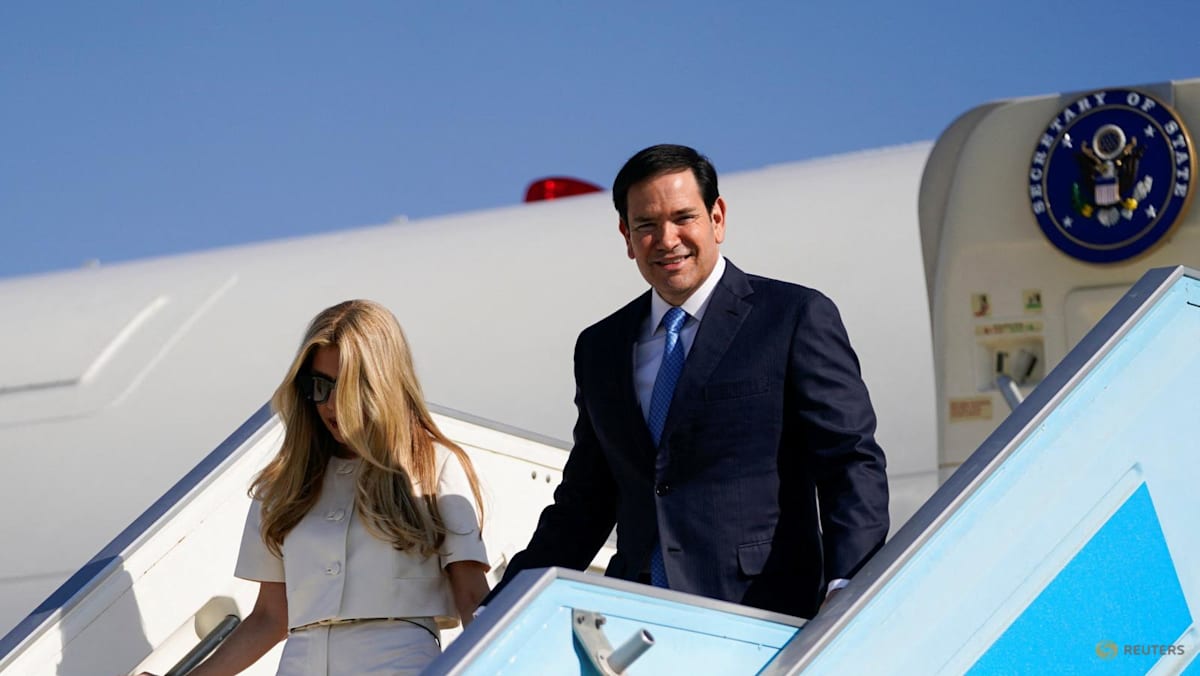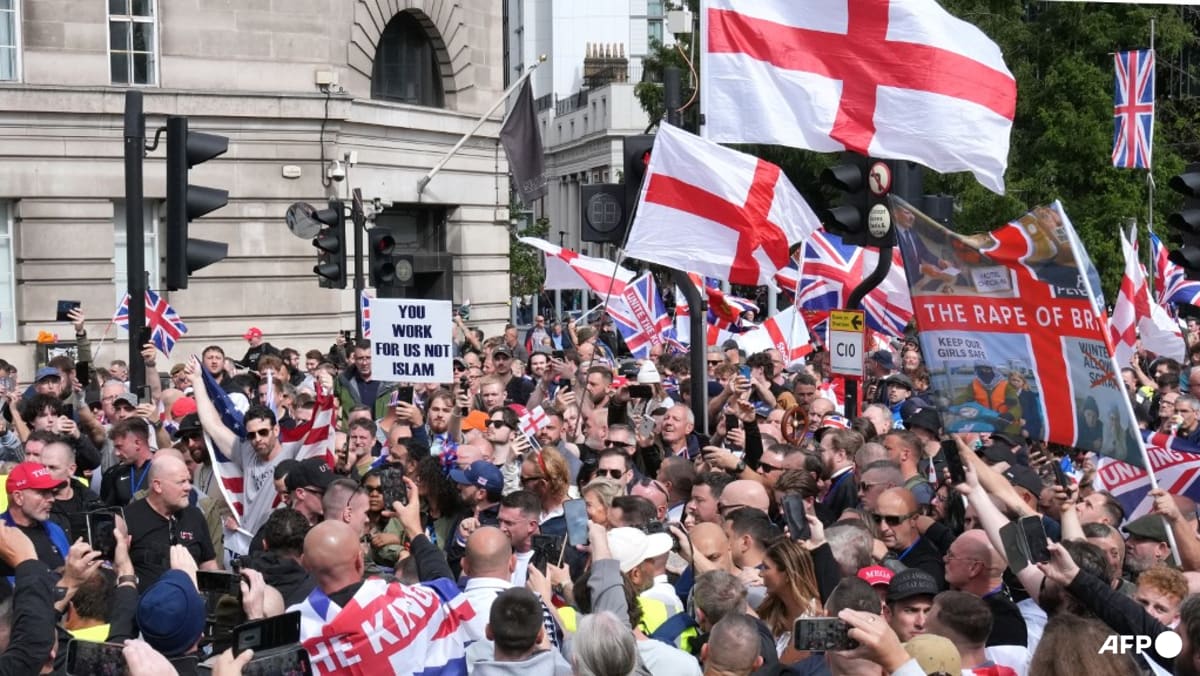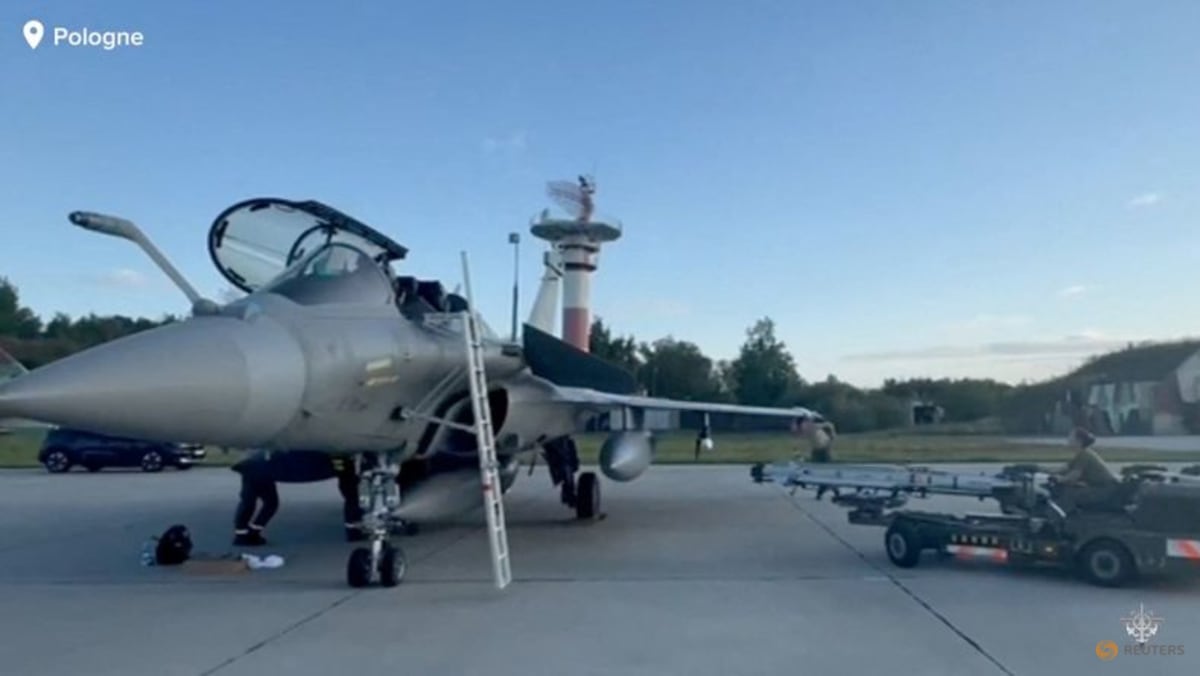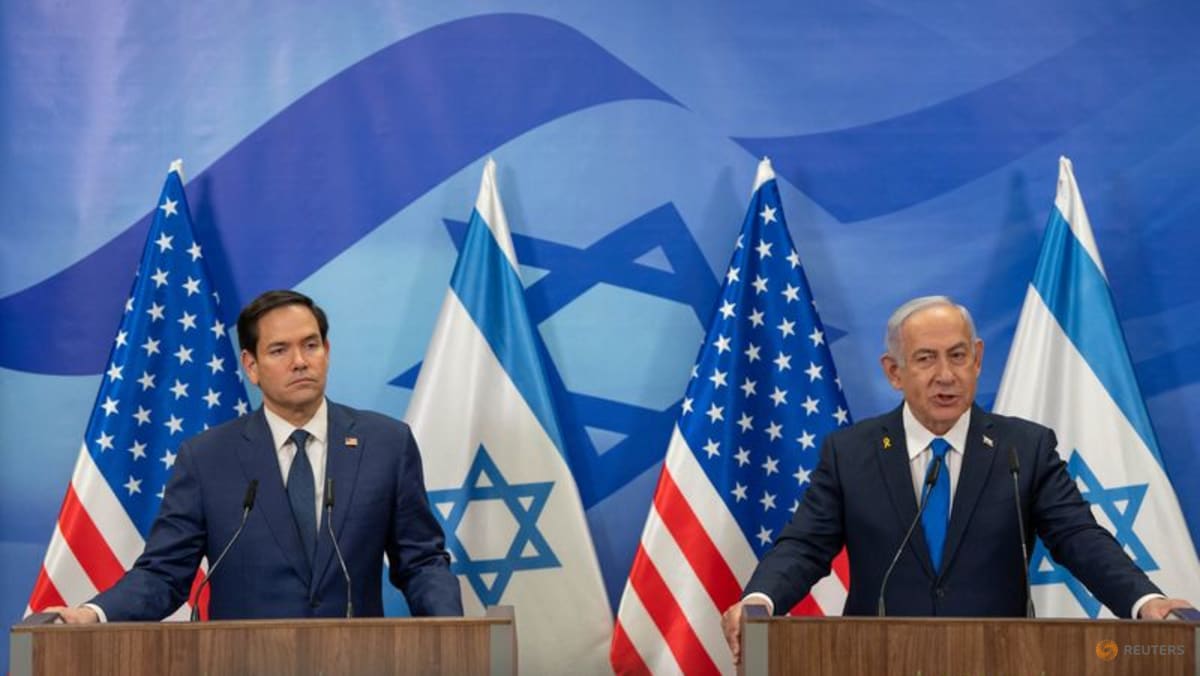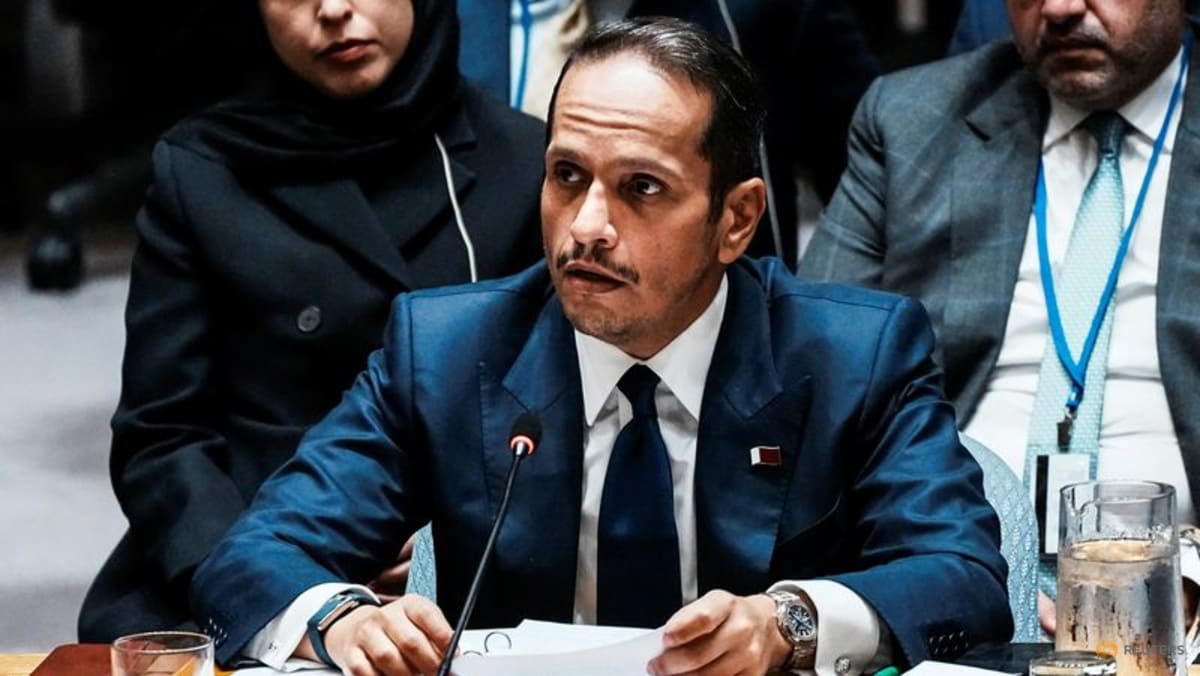The final blow for the working group came roughly three weeks ago, when most members of the White House National Security Council – including the entire team dealing directly with the Ukraine war – were dismissed as part of a broad purge, according to the three officials.
The effort was set up and coordinated by high-ranking NSC staffers, the officials said, though it included participants from the State Department, Treasury Department, the Pentagon and the intelligence community. Among those working on the effort was Andrew Peek, the top NSC official for Europe and Russia, who was removed in May.
It is unclear precisely who gave the order to discontinue the effort, but the officials suggested the depth of the NSC cuts made its continuation largely untenable.
Since the effort’s dissolution, Trump’s broader peacemaking efforts, which had been a central element of his campaign pitch, have hit a challenging stretch. Despite some successes – such as a US-brokered ceasefire between India and Pakistan – Trump has made little tangible progress in achieving a ceasefire in Gaza and the risk of a full-blown regional war in the Middle East has risen rapidly with the Israel-Iran conflict.
The dissolution of the group also follows a March suspension of work by some US national security agencies on a coordinated effort to counter Russian sabotage and disinformation operations, Reuters reported at the time.
Nevertheless, Trump could choose to adopt a firmer stance toward Russia regardless of the fate of the working group, which was set up to develop options for the president “if he wanted to get tougher on Russia,” one of the officials said.
Some Trump allies, including Republican Senator Lindsey Graham, have publicly advocated for an expansive new round of sanctions directed at Russia, citing Moscow’s effective rejection of US ceasefire proposals and the Kremlin’s continual attacks on civilian targets as proof of Putin’s recalcitrance.
Trump has said he is considering such measures, but he has also regularly faulted both sides for the ongoing hostilities.
The White House did not respond to a request for comment, nor did the Treasury Department, the State Department or the Pentagon.
The Ukrainian and Russian embassies in Washington also did not respond to requests for comment.

